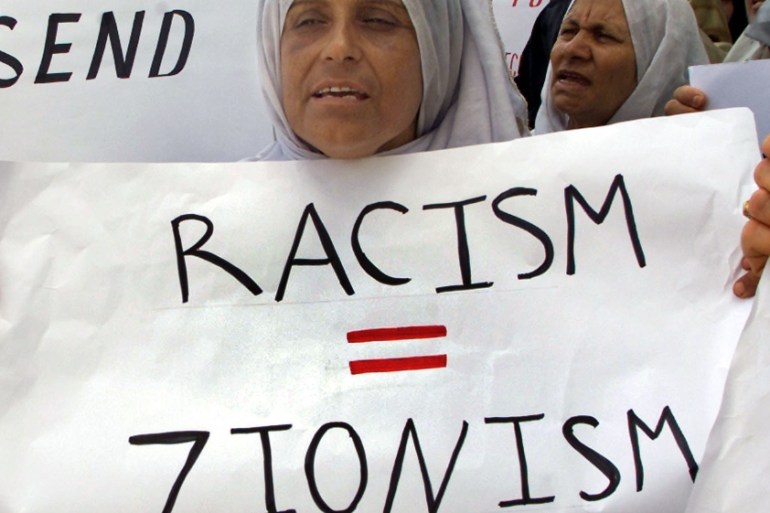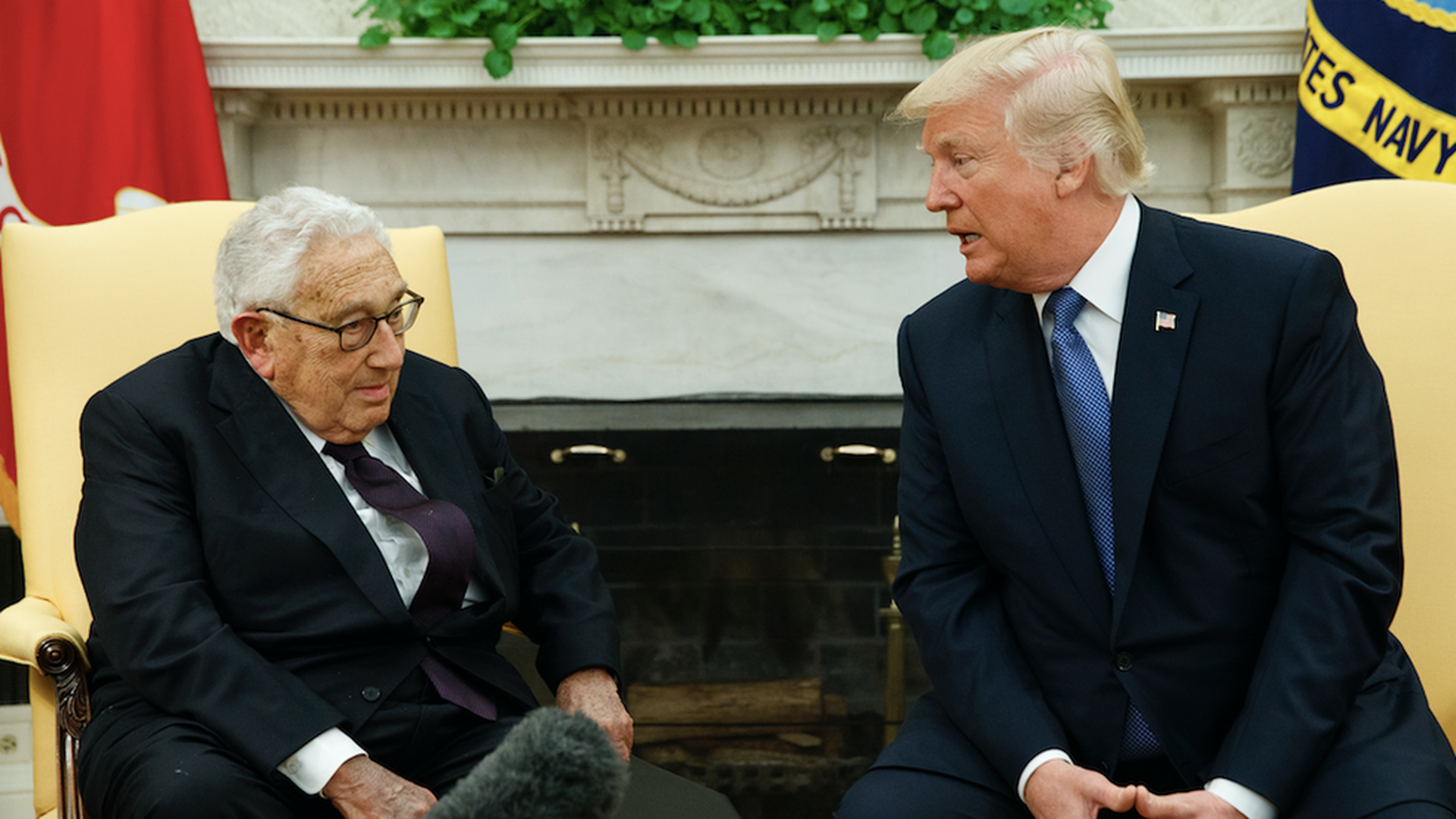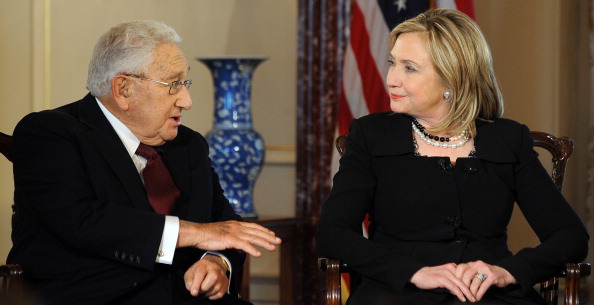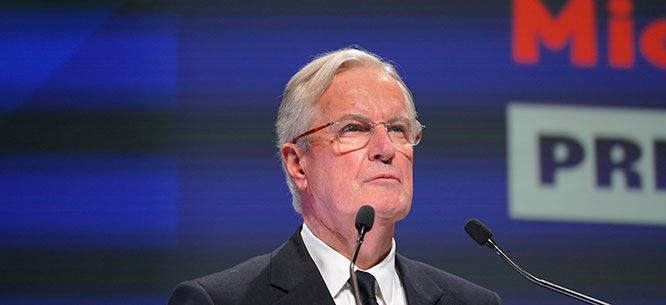A few years ago, no one would have imagined that one of the biggest democracies in the world would cancel research programs under the pretext that the word ‘diversity’ was in this program.
— French President Emmanuel Macron, Choose Europe for Science Event/Paris, May 5, 2025
America’s shores are experiencing a huge sucking sound as one of the biggest brain drains of modern history hits the country’s best, smartest, heading for Europe on grants, as smiles abound across the pond. European leaders are pinching themselves, unable to believe such good fortune falling into their laps, thanks to the Trump administration “freezing” government funding linked to “diversity, equity, and inclusion initiatives.”
The EU has officially launched a drive to attract scientists and researchers that America is discarding by the bucketful, see: “Europe Launches a Drive to Attract Scientists and Researchers After Trump Freezes US Funding,” AP News, May 5, 2025.
This is an extraordinary shrinking of America’s IQ in so many ways that a full understanding is nearly impossible, but it is only too obvious that deliberate destruction of science is the product of a bruised/intimidated mentality that’s seeking payback. There is no other logical explanation.
The EU is licking its chops over this once-in-a-lifetime opportunity. According to EU Commission President Ursula von der Leyen, while on stage at Sorbonne University, the EU Executive Branch has already decided to set up a “super grant” program, aimed at “longer-term perspective to the very best in the field.”
Essentially, the EU is cherry-picking some of America’s best brain power. To accomplish this phenomenal opportunity, the Commission is authorizing additional funding of $566 million in 2025-2027, making Europe “a magnet for researchers.” This funding is in addition to the European Research Council’s budget of $18 billion for 2021-2027. Moreover, the EU will “enshrine freedom of scientific research into law” via a new enactment. Europe will not compromise on its long-standing principles of academic freedom.
Above and beyond the EU, according to President Macron, France has also beefed-up commitments to science and research to capitalize on America’s ‘fired’ scientists. France has launched a platform for reception of international researchers: Choose France for Science. President Macron officially christened the platform: “Here in France, research is a priority, innovation a culture, science a limitless horizon. Men and women researchers from all over the world, choose France, choose Europe.”
So far, the US has cut 380 grant projects and thousands of university researchers have been notified that their National Science Foundation funding is canceled, but they know where to turn. Backlash has resulted as doctors, scientists, and researchers hit the streets in “Stand Up for Science” rallies across the country. Astronomy Professor Phil Platt, addressing a crowd, said: “We’re looking at the most aggressively anti-science government the United States has ever had.” UPenn climate scientists Michael Mann: “Science is under siege.” Bill Nye the Science Guy hit the bull’s eye, rhetorically challenging the forces of government: “What are you afraid of?” which may become the rallying cry of opposition throughout the land.
Professionals agree that science has been in the midst of enormous achievements to make lives better than ever, but according to senior staff members of the National Institutes of Health, funding cuts will seriously damage or eliminate major progress on key, very significant, programs for Alzheimer’s, diabetes, and cancer, as examples. Unfortunately, this will negatively impact tens of millions of Americans for years to come.
Since World War II, the US has been recognized as a world leader in science and technology. Now, that enviable position is swirling around the drain. According to several key federal workers who spoke at a recent MIT Technology Review, America’s world leadership is literally being dismantled before our eyes. These are research programs that backstop American life. “The US took nearly a century to craft its rich scientific ecosystem; if the unraveling that has taken place over the past month continues, Americans will feel the effects for decades to come.” (“The Foundations of America’s Prosperity Are Being Dismantled,” MIT Technology Review, Feb. 21, 2025)
According to a recent article in The Hill, March 2, 2025: “The administration has issued a multi-pronged, anti-science attack on the health sciences. Possibly the most destructive is the recent slashing of research funding for both NIH and the National Science Foundation.” Here’s what’s at stake: “In 2024, NIH provided more than $37 billion in funding across every state, creating more than 400,000 jobs and generating $92 billion in economic activity. This funding is used for laboratory research, research centers and, most importantly, the education of trainees, the next generation of scientists. Trainees greatly contribute to the research and discoveries even while they are in training.”
If $37 billion in funding produces $92 billion “in economic activity” and “supports 400.000 jobs,” what’s up with destroying a greater than 2-for-1 return on investment? What’s missing from this equation, or is it simply a matter of looney-tunes, not knowing which way is up? Study after study after study, and more studies, prove that governmental funding of science generates returns in-excess of what private enterprise achieves. For example, governmental science funding played the crucial leading role in creation of the internet. What’s that worth?
It should be widely recognized and brought to the public’s attention that so much is wrong, so much at stake with anti-science rhetoric, recklessly cutting science budgets, elimination of entire programs, and loud-mouthed threats, demoralizing the public about science. It’s difficult to know how to respond, and of course, this is the intention behind the rapidity of a well-orchestrated blind-siding all parties, unable to collect ones’ thoughts type of assault on major, hugely productive governmental programs that protect life. This type of assault is comparable to a Panzer Division Blitzkrieg. Nobody has enough time to react.
What’s the impact of Blitzkriegs demolishing science? According to an article in Science, May 2, 2025: “Trump’s Proposed Budget Would Mean ‘Disastrous’ Cuts to Science.” For those interested, this article delineates agencies subject to cuts. Meanwhile, the brain drain is in full throttle motion. Of interest, an article in the prestigious science journal Nature, March 25, 2025: A poll found that 75% of 1,600 respondents, including 1,200 US scientists said: “Yes, they are looking for jobs in Europe and Canada.” And there’s considerable anecdotal evidence that current post-graduates are looking overseas.
And there’s this: “Trump Proposed Unprecedented Budget Cuts to US Science,” Nature, May 2, 2025: “Huge reductions, if enacted, could have ‘catastrophic’ effects on US competitiveness and scientific pipeline… The message that this sends to young scientists is that this country is not a place for you,’ says Michael Lubell, a physicist who tracks science policy at the City University of New York in New York City. ‘If I were starting my career, I would be out of here in a heartbeat.”
The word is out. Scientists will find opportunities galore. Science has never been more sought after in Europe and Canada and Australia, which ranks 5th in the world for trust in science. After all, the world is experiencing the most exciting era of scientific achievement of all time, and the EU intends to take over leadership, stripping the US of its 75-year crown. It’s been laid in their lap.
Moreover, according to the National Science Foundation, China has already overtaken America in several key scientific metrics. Going forward, the EU has America to thank for reinvigorating its science and technology effort more so than ever before, as they challenge China with much more enthusiasm for top billing. The U.S. lit their fuse, making EU science and technology great again!
The post America’s Great Brain Drain first appeared on Dissident Voice.This post was originally published on Dissident Voice.

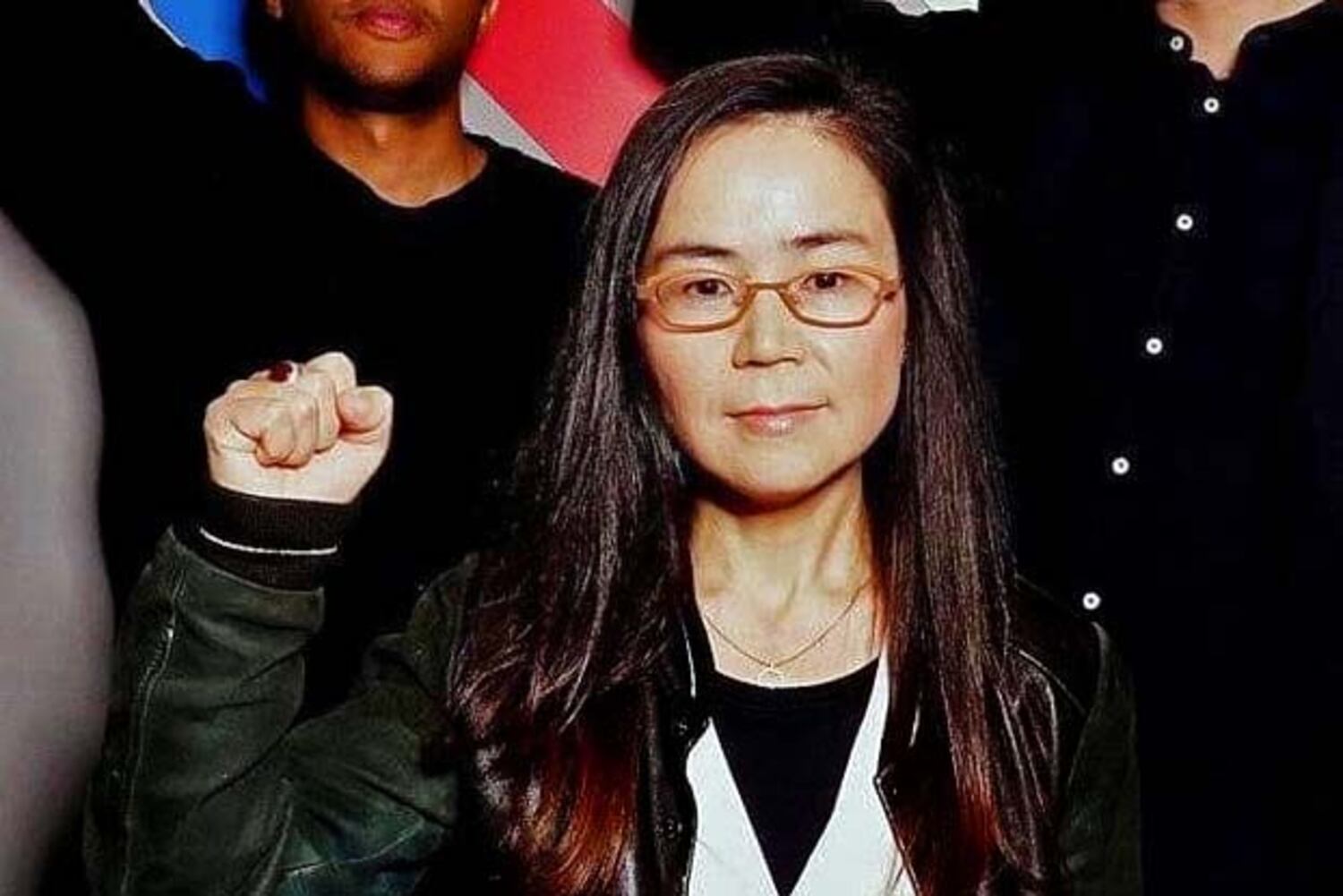


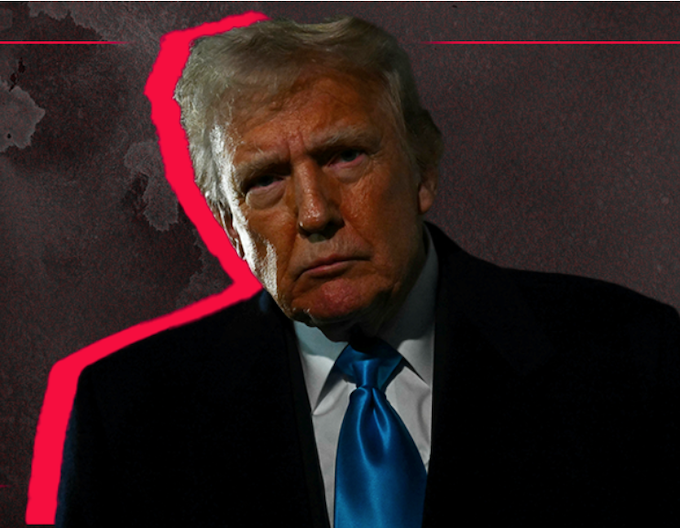
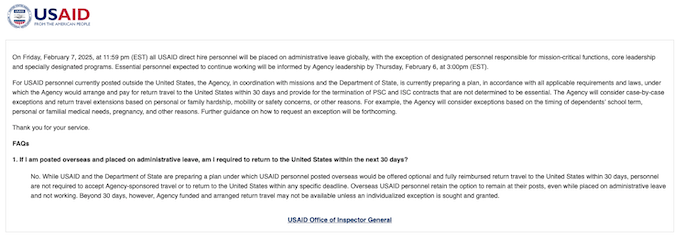
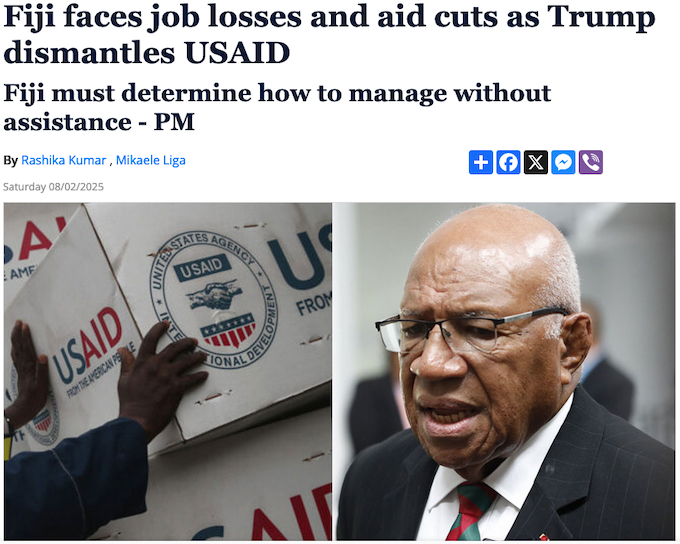

/cdn.vox-cdn.com/uploads/chorus_image/image/69994902/1936_Josephine_Baker___Romain_Maes___Sylvere_Maes.0.jpg)


